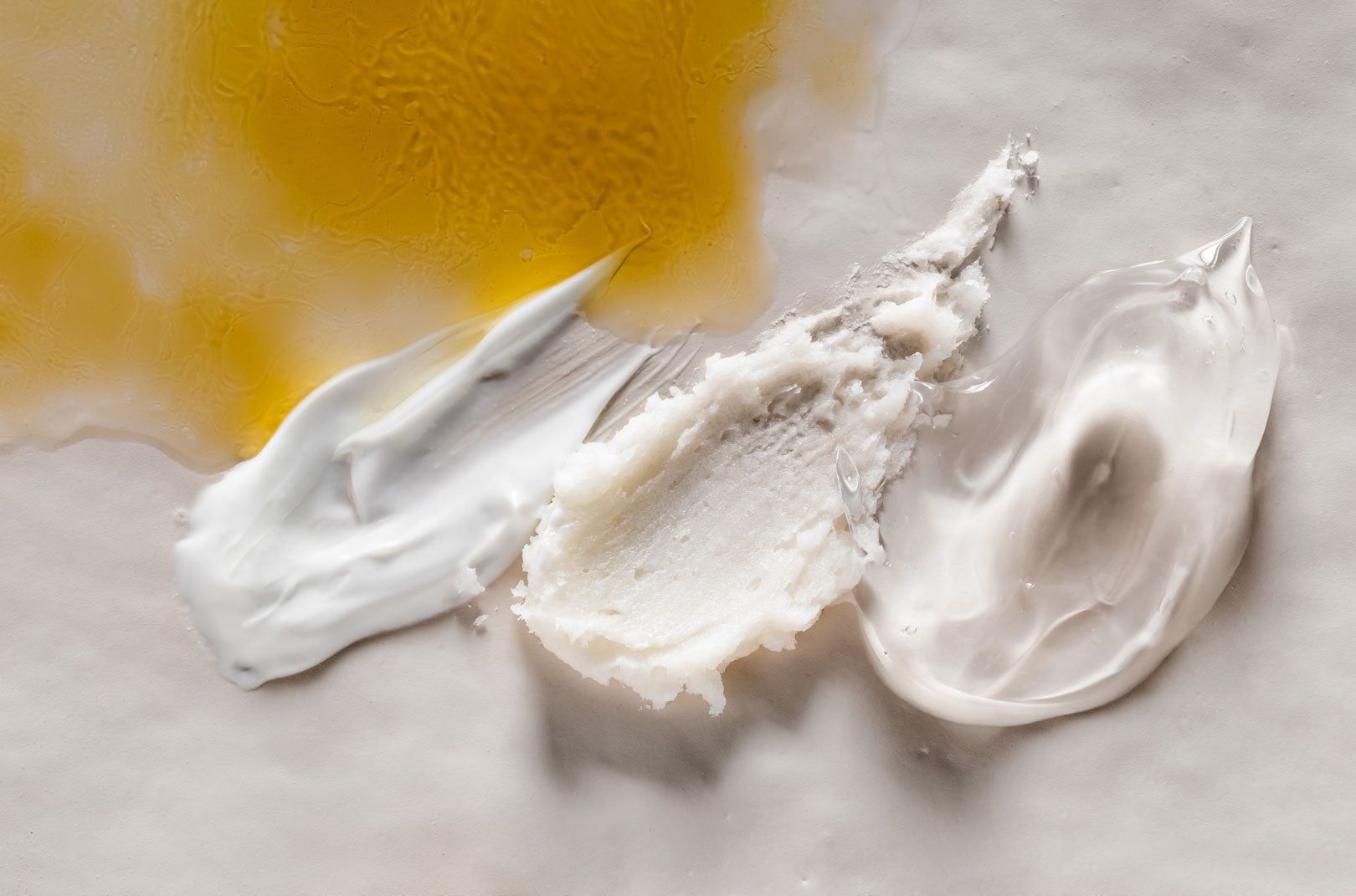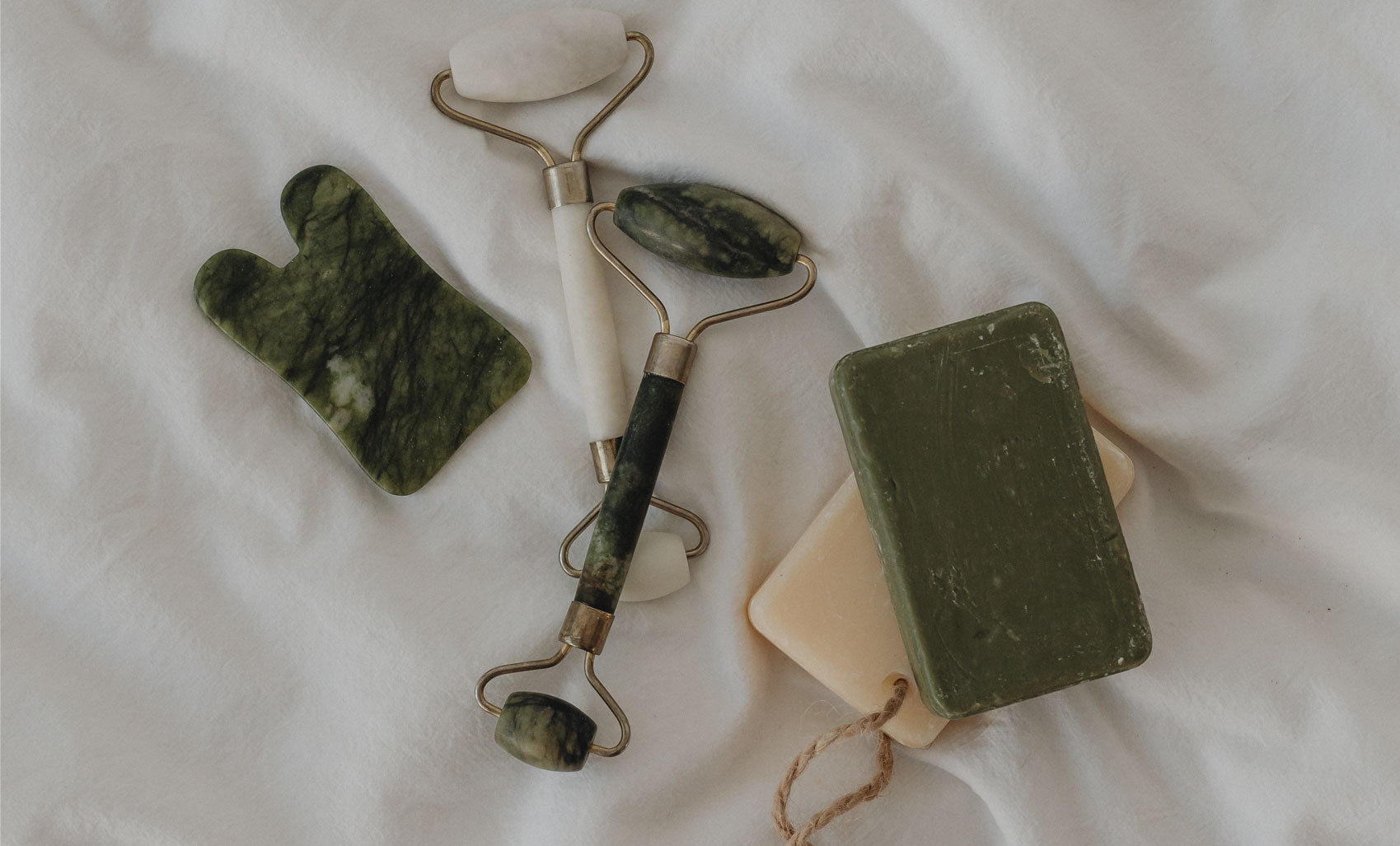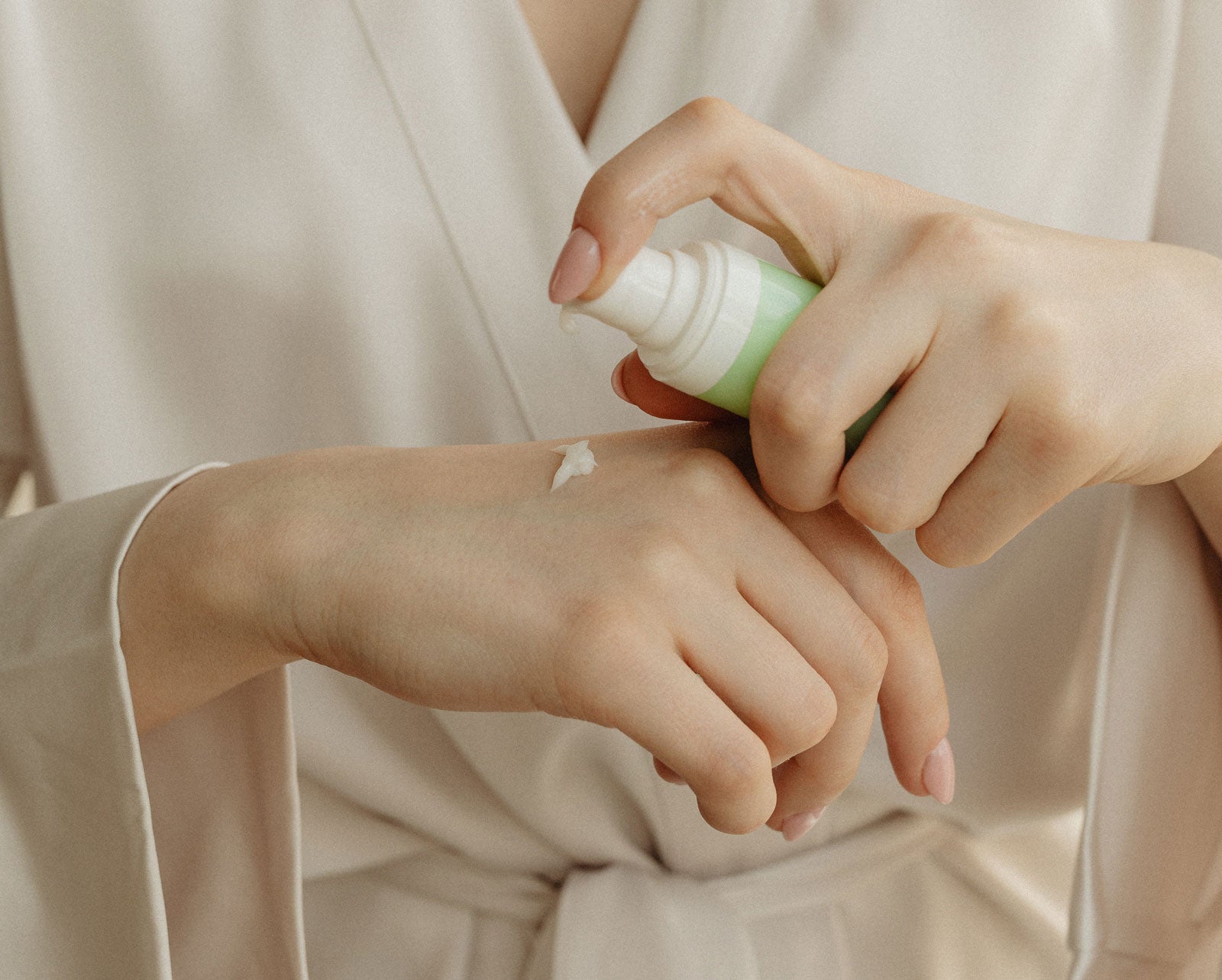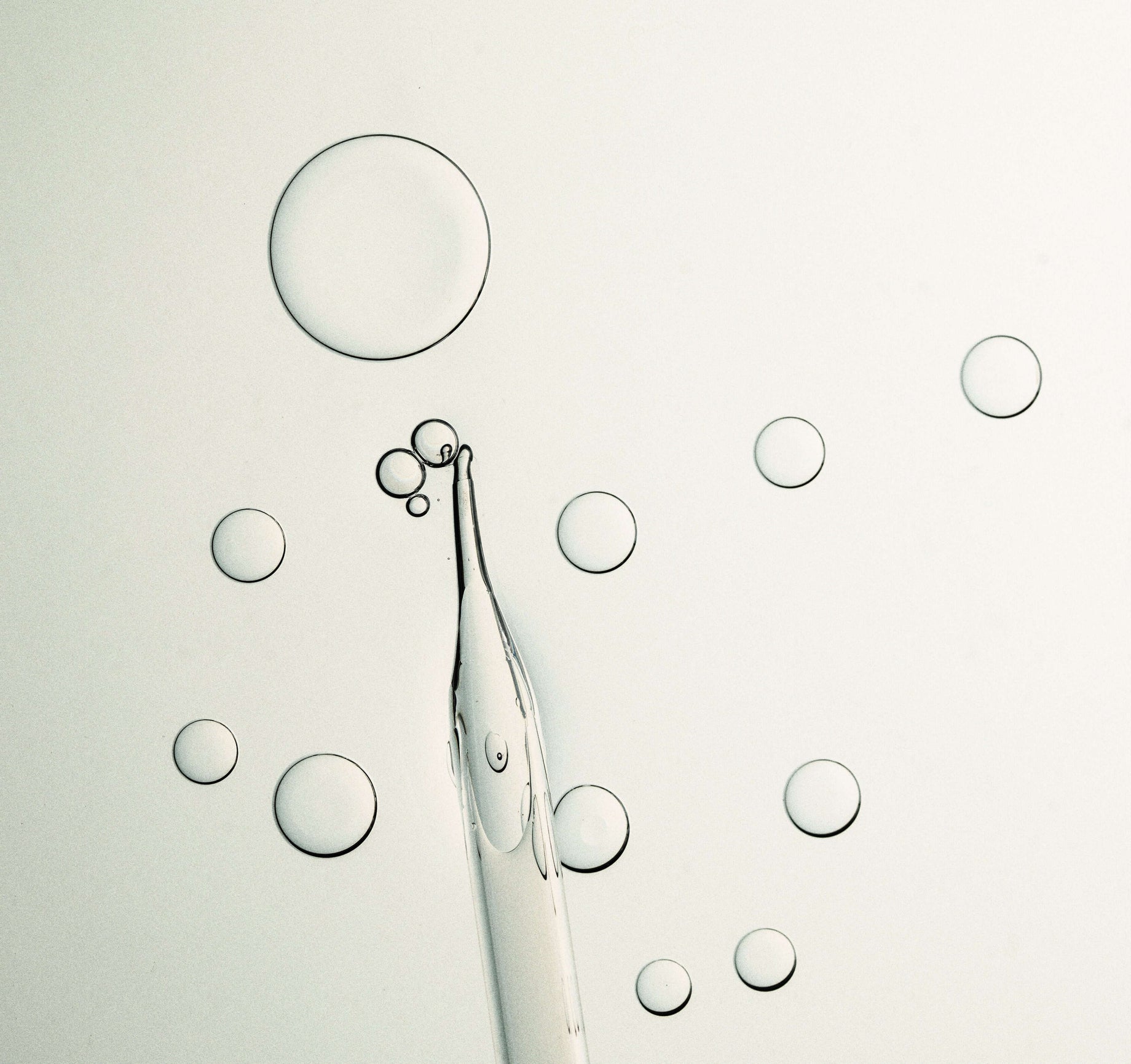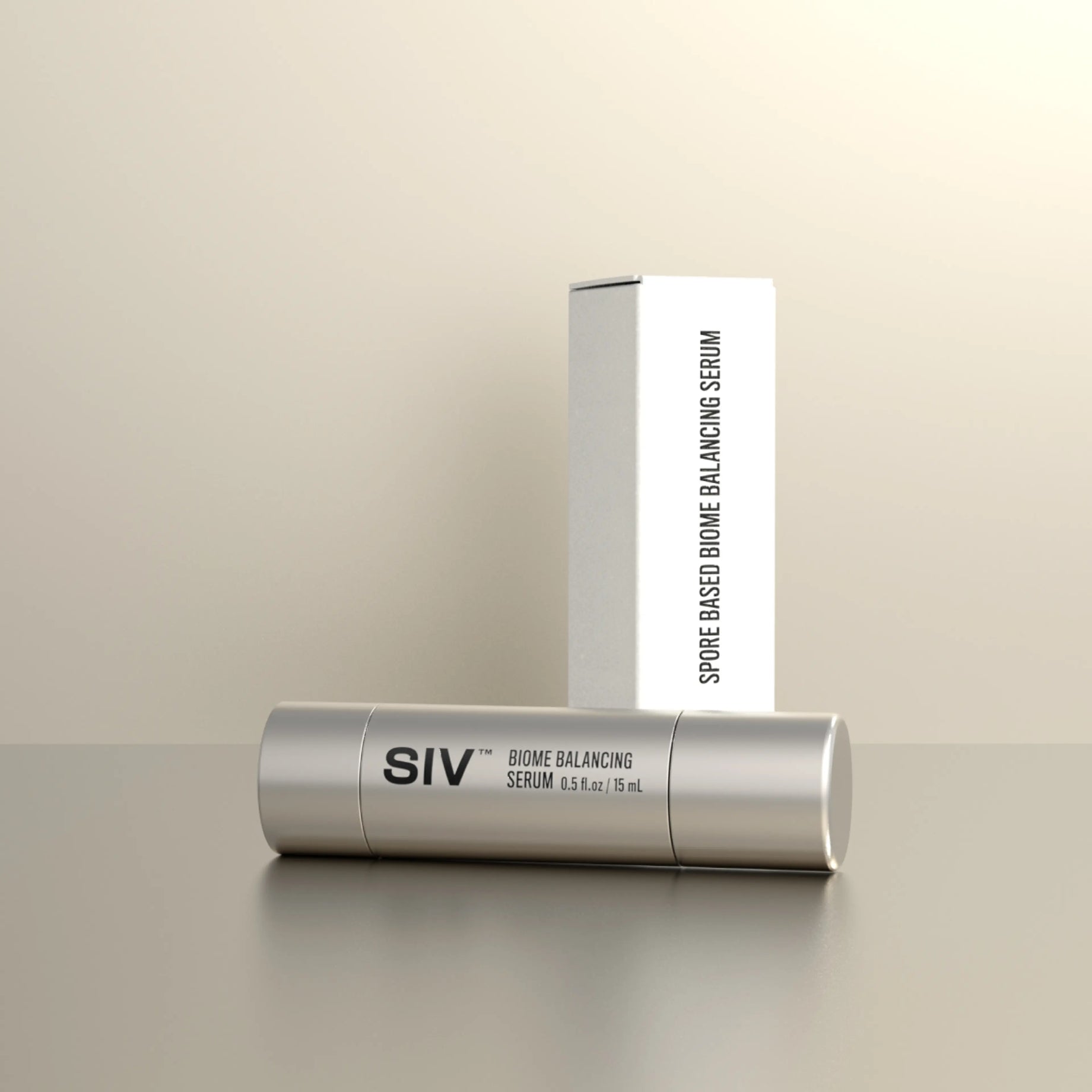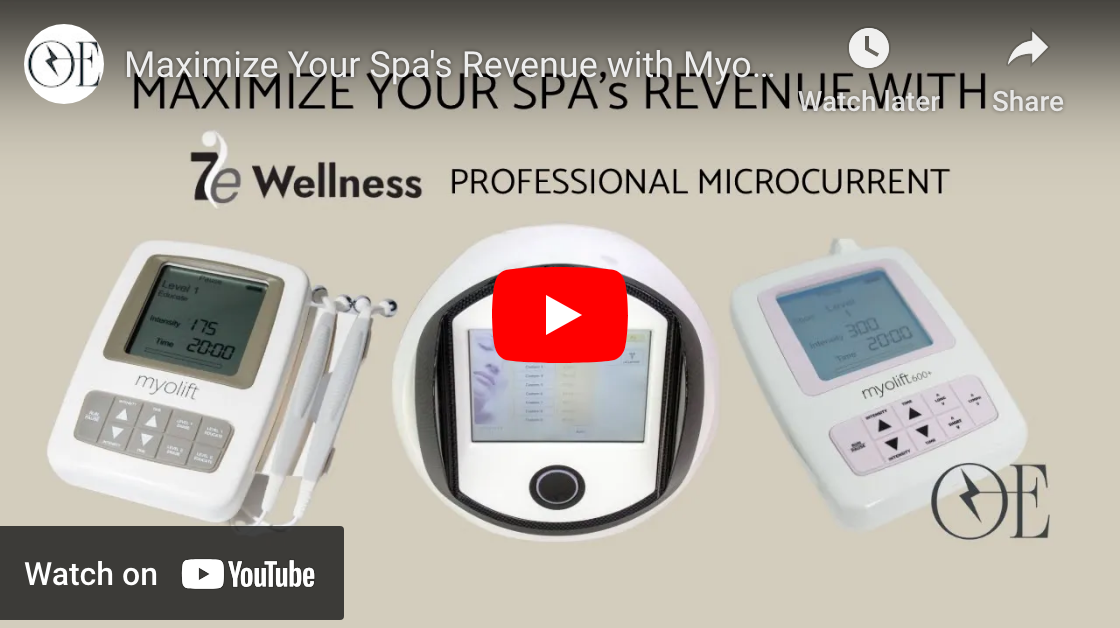Hi guys!
I’m back! Hopefully I will be consistently posting again, here on the Blog. I thought a fun way to get the ball rolling would be to start with an Ingredient Spotlight. So far we’ve talked about essential fatty acids, probiotics, prickly pear seed oil and SPF. This week we will be focusing on peptides!
I will warn you that this post might get a little nerdy, however I will do my best to break this down in a way that is easy to understand… ultimately, to get you all excited about this amazing category of ingredients.
So who knows what a peptide is anyway?
I think the best way to understand peptides is to take a look at the composition of your skin. Your skin is mostly made up of proteins. Most notably, a protein called collagen which makes up 80% of your skin. I’m sure you’re all familiar with this guy. It’s the thing we are constantly trying to stimulate and make more of.
Collagen is responsible for giving skin firmness and structure. As we age, unfortunately starting around 25 years old, our collagen production slows way down. This leads to sagging, loss of volume and wrinkle formation. Then there’s premature aging which is the breakdown of collagen due to external factors like UV exposure, lifestyle and even sugar consumption (this last one is so terrifying I can’t even deal with it. If you want to scare yourself into some sort of paleo/candida diet craze, read up on glycation.)
Okay, so collagen is a protein but I thought we were talking about peptides?
Bare with me… Proteins are made up of long chain amino acids, the building blocks of life. As your collagen breaks down so do these long chains of amino acids. When the long chain is broken up into shorter chains (segments of 3-5 amino acids) they form peptides.
Peptides are short chain amino acids. These short chain amino acids create signals to your skin telling it that it needs repair and to produce more collagen. When used as an ingredient in a topical skincare product, peptides trick the skin into activating these repair functions. Genius, right?!
Here’s a little Valentine’s Day themed visual aid just in case…

We all want an anti-aging routine but I think it’s helpful to understand exactly what we’re spending money on and how it will benefit us, if at all. Hopefully, now you see why this category of ingredients can be so amazing for your skin. To give you a little more insight into what’s actually in your skincare products, let’s talk about what different types of peptides do.
Types of peptides
Before we jump into the different types of peptides, let’s first look at how cells interact with eachother so we can better understand how peptides actually effect them.
The cells in our bodies are constantly communicating through chemical and mechanical signals. They have their own language but instead of words they communicate or “signal” using compounds, such as hormones or neurotransmitters.
When applied topically, peptides can be used to communicate specific actions, triggering a response in the cell.
There are five different types of peptides used as skin-care actives: signaling peptides, carrier peptides, enzyme-inhibiting peptides, neurotransmitter-inhibiting peptides and antimicrobial peptides. Let’s look at what each one does.
SIGNALING PEPTIDES
These peptides signal cells to perform specific functions. Most notably, they help stimulate collagen and elastin production in the skin leading to a firmer and more youthful appearance.
Signaling Peptides: Matrixyl-3000, Palmitoyl Pentapeptide-4, Copper Peptides
MATRIXYL 3000 + ARGIRELINE PEPTIDE + VITAMIN C WITH ORGANIC HYALURONIC ACID SERUM BY ASTERWOOD NATURALS ($35.90)
COPPER PEPTIDE SERUM BOOSTER BY SKIN PERFECTION ($29.95)
CARRIER PEPTIDES
These peptides stimulate wound repair by carrying trace elements, like copper and magnesium, to target cells. These elements have also been shown to increase collagen synthesis in addition to stimulating hair growth.
Carrier Peptides: GHK-Cu also known as Copper tripeptide-1 (copper peptides can be both signaling and carrier peptides), Palmitoyl tetrapeptide-7
COPPER PEPTIDES SERUM BOOSTER BY DNA CODE ($34.95)
JUICE BEAUTY GREEN APPLE AGE DEFY SERUM ($58)
ENZYME-INHIBITING PEPTIDES
There are a number of different enzymes in the body that can have negative effects on the skin. The enzyme protease breaks down proteins and even peptides. The enzyme Matrix Metalloprotease, also called MMP, specifically breaks down collagen. Enzyme-inhibiting peptides work to stop the production of such enzymes to maintain the healthy structure of collagen.
Enzyme-Inhibiting Peptides: Trifluoroacetyl tripeptide-2, Soy and Rice Peptides
GOLDFADEN MD BRIGHT EYES ($43.70)
NEUROTRANSMITTER-INHIBITING PEPTIDES
These are peptides that inhibit neurotransmitters. A Neurotransmitter is a chemical that sends signals to neurons. They are able to both amplify or inhibit a signal. Acetylcholine is the most abundant neurotransmitter in the body and, most importantly, is responsible for controlling muscle contractions. Wrinkles form when muscles contract. Therefore, using a peptide that inhibits the release of acetylcholine to the muscle is a fantastic way to reduce wrinkles. Think of these as your peptide alternative to Botox.
Neurotransmitter-Inhibiting Peptides: Argireline, Acetyl Hexapeptide-8, Palmitoyl Tripeptide-5
ARGIRELINE PEPTIDE BY DNA CODE ($34.95)
CLOUD 9 BY SIRCUIT SKIN ($95)
SYN-COLL TRIPEPTIDE-5 SERUM BOOSTER BY SKIN PERFECTION ($24.95)
ANTIMICROBIAL PEPTIDES
Our skin is a protective barrier against intruders. Part of our skin’s defense mechanism comes from within. Antimicrobial peptides, also called AMPs, are small peptides produced in the deepest layers of the skin and assist with fighting bacteria, fungi and viruses. Once triggered, they travel to the surface to fight off potential pathogens. They play a vital role in balancing the skins lipid barrier, supporting immune responses and wound healing.
Human skin AMPs include β-defensin (hBD-2), RNase7, and psoriasin, which are active against different ranges of skin pathogens.
MY RESEARCH SHOWED THAT THEY ARE STUDYING THE USE OF THESE PEPTIDES IN SKINCARE PRODUCTS BUT I COULDN’T FIND ANY PRODUCTS THAT SPECIFICALLY HIGHLIGHTED ITS USE. I’LL KEEP YOU POSTED.
I hope this has shed some light on the wonderful world of peptides! They really are a fantastic addition to any anti-aging ingredient list.
SHOP PEPTIDE INFUSED SKINCARE
Here’s a selection of products, at various price points, that utilize the peptides that we’ve been talking about. I haven’t tried all of these yet but the ingredient lists are as clean as I could find. I’m a big fan of Juice Beauty and Sircuit Skin, which are both fantastic chemical free skincare companies with a wide range of anti-aging products. Skin Perfection looks interesting because it is just the active ingredient in an organic glycerin solution, which makes it an easy addition to any other water based skincare product.

|
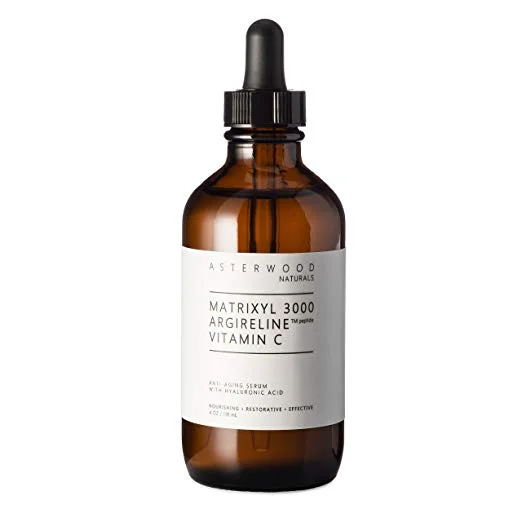
|

|

|

|

|

|

|
Disclosure: This is not a sponsored post. This post does contain some affiliate links, meaning, at no additional cost to you, I will earn a commission if you click through and make a purchase.
While I am a licensed esthetician, I am not a doctor. This site does not provide medical advice and is for information purposes only. Always consult with your physician if you have an existing medical condition or feel unsure about adding in a new product or modality.


